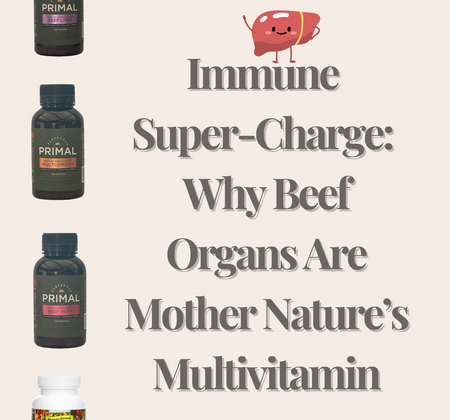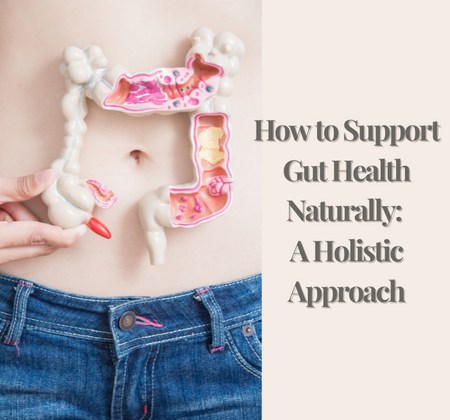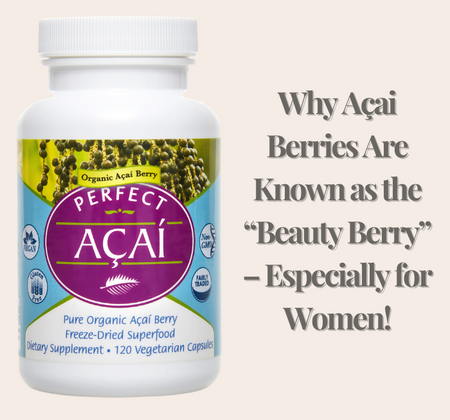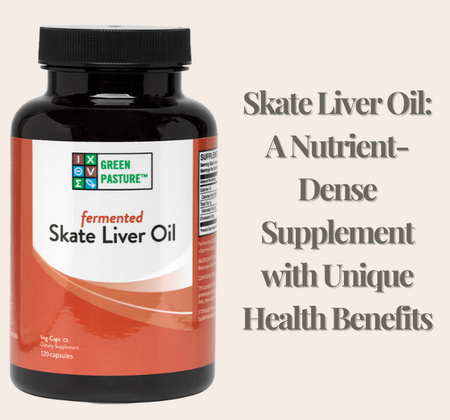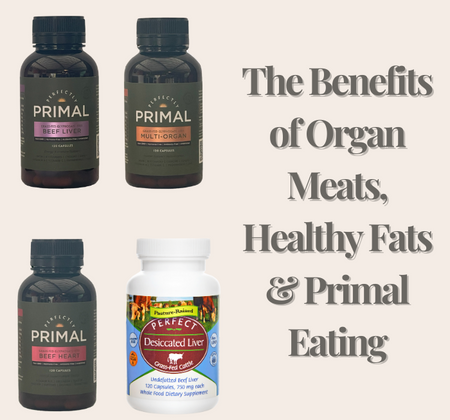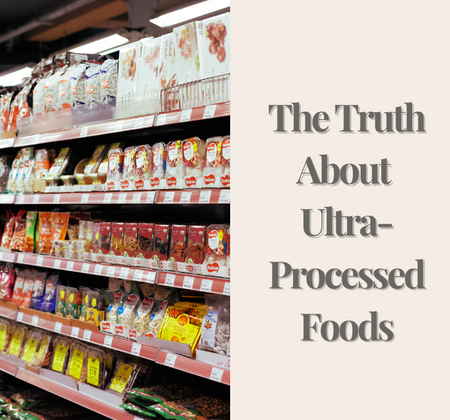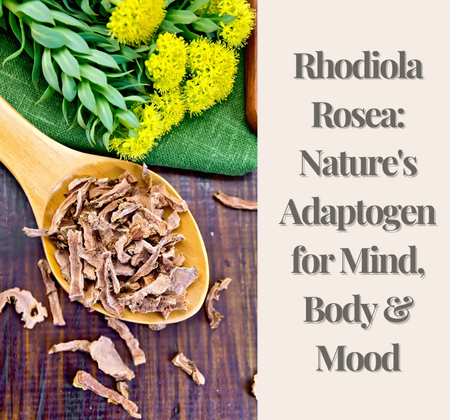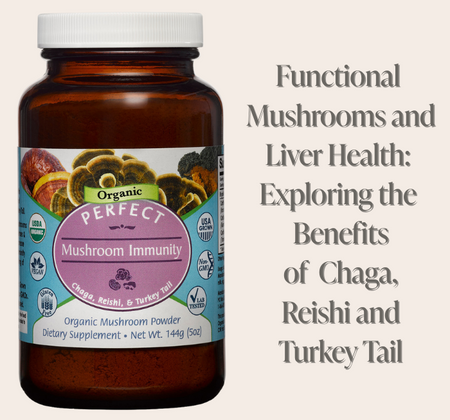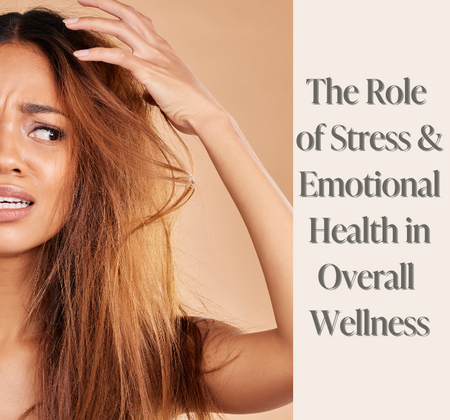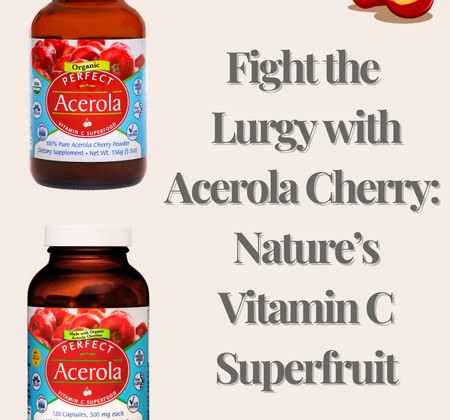
Since taking Collagen,I have noticed less pain in my joints. Very happy
Hi Trudie, we are happy to hear that you're enjoying the product. We look forward to serving you again soon. Kind regards, Tammy
Love this for joint health, great quality
Hi Angela, thanks for your review, we really appreciate it. The Type II capsules are very popular. We hope to continue to serve you. Kind regards, Tammy
This product is so easy to add to ‘any’ recipe, drink or desert etc I love the purity of it too!
Thank you so much for sharing We love that you’re finding our product so versatile and pure — that’s exactly what we aim for! Enjoy adding it to all your favourite recipes and treats ✨ Tam
The açai berry powder tastes good and is easy to add to milk or any beverage. A great daily antioxidant to add to a healthy lifestyle.
Hi Annette, thanks for your review on the Perfect Organic Açai berry power. It sure is a winner and a fantastic way to get more antioxidants into the diet. Kind regards, Tam
The magnesium citrate capsules are free of chemicals and easy to take. Whilst I haven’t really felt physical benefit, I think they do help with my restless leg syndrome and I’m sure they are a good addition to my healthy lifestyle. This is the second bottle I have purchased and will purchase again.
Thank you for your lovely review Annette We’re so glad our magnesium citrate is a clean, easy addition to your routine and may be helping with your restless legs. We truly appreciate your continued support! ✨ Tam

